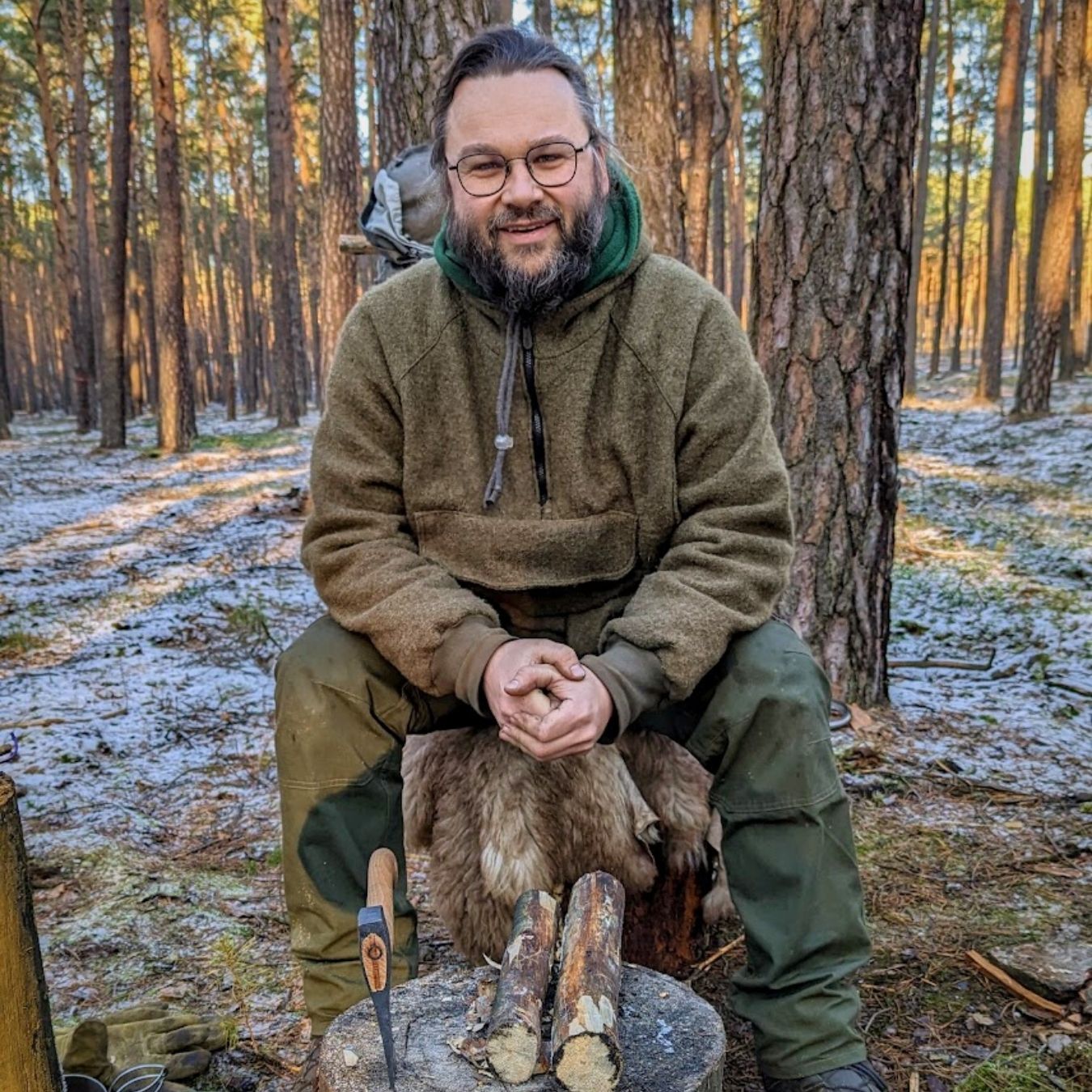
wilderness medicine
Noun
Meaning
Wilderness medicine refers to the practice of providing medical care in remote and austere environments, such as the wilderness, backcountry, or during outdoor activities like camping, hiking, and survival situations. It involves the knowledge and skills necessary to assess and treat injuries and illnesses that may occur in these settings, where access to traditional medical facilities is limited or non-existent. Wilderness medicine focuses on improvisation, resourcefulness, and adaptability, using limited resources and equipment to provide effective care. It encompasses a wide range of medical knowledge, including first aid, trauma management, environmental medicine, and emergency response. Wilderness medicine is essential for anyone venturing into the great outdoors, as it equips individuals with the skills to handle medical emergencies in remote locations.

Examples
„In wilderness medicine, it is important to know how to clean and care for a wound to prevent infection.“
„Wilderness medicine also includes knowledge of edible plants and berries that can serve as food for you in the wild.“
„If you are traveling in the wilderness, a course in wilderness medicine can give you the knowledge you need to respond to emergencies.“
Origin
Wilderness medicine is a term that originated in the United States and has its roots in the concept of wilderness and the need for medical care in remote and isolated areas. It developed as a specialized field of medicine that focuses on providing healthcare in outdoor settings, away from traditional medical facilities.
The term "wilderness medicine" was first used in the 1970s when outdoor enthusiasts and medical professionals recognized the unique challenges and risks associated with providing medical care in remote locations. It encompasses a wide range of skills and knowledge, including first aid, emergency medicine, trauma management, and environmental medicine.
Over the years, wilderness medicine has evolved and expanded to include not only the treatment of injuries and illnesses in the wilderness but also the prevention and management of medical emergencies during outdoor activities such as hiking, camping, mountaineering, and adventure sports.
Today, wilderness medicine is recognized as a distinct discipline within the medical field, with specialized training programs and certifications available for healthcare professionals who wish to specialize in this area. It continues to evolve and adapt to the changing needs and challenges of providing medical care in remote and austere environments.
Synonyms
Wilderness first aid, Backcountry medicine, Outdoor medicine, Remote medicine, Expedition medicine, Survival medicine, Bush medicine, Outdoor first aid
Antonyms
Civilization, Urbanization, Modernity, Technology, Comfort, Convenience, Healthcare, Hospital
Relatives
Wilderness first aid, Outdoor emergency care, Remote medical care, Backcountry medicine, Expedition medicine, Survival medicine, Bush medicine, Field medicine
Historical and cultural importance
Wilderness medicine has a rich historical and cultural significance that dates back to ancient times. Throughout history, humans have had to rely on their knowledge and resourcefulness to survive in the wild, and this included understanding how to treat injuries and illnesses that could occur in remote and isolated environments.
In many indigenous cultures, traditional healing practices were developed and passed down through generations, providing valuable insights into the use of natural remedies and techniques for treating ailments in the wilderness. These practices often involved the use of medicinal plants, herbs, and other natural substances found in the local environment.
During expeditions and explorations, wilderness medicine became crucial for survival. Explorers and adventurers needed to be prepared for any medical emergency that could arise in remote and hostile environments. This led to the development of specific techniques and protocols for managing injuries, infections, and other medical conditions in the wilderness.
In recent years, wilderness medicine has gained recognition as a specialized field of medicine. It focuses on providing medical care in austere and challenging environments, where access to traditional healthcare facilities is limited or non-existent. Wilderness medicine practitioners are trained to handle a wide range of medical emergencies, from fractures and hypothermia to snake bites and altitude sickness.
Today, wilderness medicine is not only essential for outdoor enthusiasts and adventurers but also for professionals working in remote areas such as wilderness guides, park rangers, and search and rescue teams. It combines medical knowledge with outdoor skills and survival techniques, ensuring that individuals can receive appropriate medical care when far away from civilization.
More information about the term wilderness medicine
What is Wilderness Medicine?
Wilderness medicine is a specialized field of medicine that focuses on providing medical care in remote and austere environments, such as the wilderness, mountains, deserts, or even during expeditions. It involves the knowledge and skills necessary to manage medical emergencies and injuries when access to traditional medical facilities is limited or non-existent.
The Importance of Wilderness Medicine
When venturing into the great outdoors, whether it's for hiking, camping, or any other outdoor activity, there is always a risk of accidents, injuries, or sudden illnesses. In these situations, having a basic understanding of wilderness medicine can be crucial. It allows you to provide immediate care and stabilize a patient until professional medical help can be reached.
Wilderness medicine is not just about treating injuries; it also encompasses preventive measures and strategies to minimize risks and promote safety in remote environments. It covers topics such as navigation, survival skills, environmental hazards, and emergency communication.
Skills and Knowledge in Wilderness Medicine
Professionals in wilderness medicine possess a wide range of skills and knowledge to handle medical emergencies in challenging environments. Some of the key areas include:
- First Aid: Wilderness medicine practitioners are trained in basic first aid techniques, such as wound care, splinting fractures, managing burns, and providing CPR.
- Emergency Response: They are skilled in assessing and managing emergencies, such as severe bleeding, cardiac arrest, respiratory distress, and allergic reactions.
- Environmental Medicine: Understanding the effects of extreme temperatures, altitude sickness, dehydration, and wildlife encounters is crucial in wilderness settings.
- Improvised Care: In the absence of proper medical equipment, wilderness medicine practitioners learn to improvise with available resources to provide effective care.
- Medical Kits and Supplies: They are knowledgeable about the essential medical supplies and equipment needed for wilderness expeditions and how to use them effectively.
Wilderness Medicine Training and Certification
Various organizations offer wilderness medicine training courses and certifications. These programs provide comprehensive education and hands-on training to equip individuals with the necessary skills to handle medical emergencies in remote settings.
Some common certifications in wilderness medicine include Wilderness First Aid (WFA), Wilderness First Responder (WFR), and Wilderness Emergency Medical Technician (WEMT). These certifications are recognized internationally and are often required for certain outdoor professions, such as wilderness guides, park rangers, and expedition leaders.
Conclusion
Wilderness medicine is a vital field that combines medical knowledge with outdoor skills to provide care in remote and challenging environments. Whether you are an outdoor enthusiast or a professional working in the wilderness, having a basic understanding of wilderness medicine can make a significant difference in emergency situations. By being prepared and equipped with the right skills, you can ensure the safety and well-being of yourself and others in the great outdoors.
Back to overview

